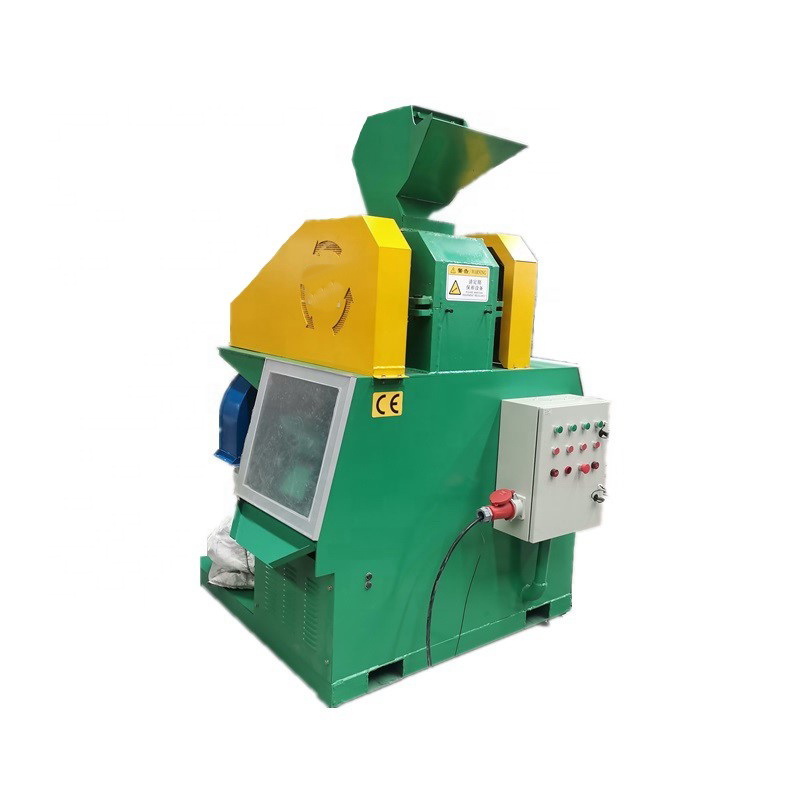

Oct . 18, 2024 11:34 Back to list
The Industrial Chipper Revolutionizing Waste Management
In today’s rapidly evolving industrial landscape, efficient waste management is paramount for sustainability and productivity. One of the key players in this field is the industrial chipper, a powerful machine designed to reduce large volumes of material into smaller, manageable pieces. These machines have transformed the ways industries handle wood, metal, and other waste, making them essential tools in various sectors.
An industrial chipper, often referred to as a wood chipper in the context of forestry and landscaping, is engineered to process extensive amounts of raw materials efficiently. Its primary function is to shred large pieces of wood or debris into chips, thereby facilitating easier disposal or recycling. This process not only minimizes waste but also generates valuable by-products that can be utilized in multiple applications, such as bioenergy production, mulch for landscaping, or even as raw materials for manufacturing composite boards.
The operational efficiency of an industrial chipper is remarkable. Equipped with powerful engines and robust cutting blades, these machines can handle a diverse range of materials, including branches, logs, and even metal. The ability to adapt to different types of waste makes industrial chippers invaluable in industries such as construction, landscaping, and even paper production. By reducing the size of waste materials significantly, companies can also lower transportation costs, decrease landfill usage, and comply with environmental regulations.

Furthermore, recent technological advancements have taken industrial chippers to a new level. Many models now feature integrated systems that allow for real-time monitoring and adjustment of cutting mechanisms, ensuring optimal performance and safety. Additionally, enhanced safety features protect operators from potential hazards associated with heavy machinery. The incorporation of eco-friendly designs, such as electric or hybrid models, is also gaining traction as industries strive to reduce their carbon footprints.
The versatility of industrial chippers extends beyond just wood processing. In the recycling sector, chippers have become vital in breaking down various materials for repurposing. For instance, metal chippers can process scrap metal into manageable pieces for further recycling, contributing significantly to the circular economy. This not only conserves resources but also encourages responsible consumption practices.
As the global focus shifts toward sustainability and efficient waste management, industrial chippers are poised to play a crucial role in shaping our future. By facilitating the reduction of waste and promoting recycling, these machines support a more sustainable industrial ecosystem. In conclusion, investing in an industrial chipper not only enhances operational efficiency but also aligns with the growing demand for environmentally responsible practices in today’s economy. The evolution of this technology continues to pave the way towards a greener and more efficient future for industries worldwide.
Latest news
Troubleshooting Common Eddy Separator Problems
NewsJul.04,2025
The Role of Metal Recycling Plants in Circular Economy
NewsJul.04,2025
The Impact of Recycling Line Pickers on Waste Management Costs
NewsJul.04,2025
Safety Features Every Metal Shredder Should Have
NewsJul.04,2025
How Industrial Shredders Improve Waste Management Systems
NewsJul.04,2025
How Cable Granulators Contribute to Sustainable Recycling
NewsJul.04,2025